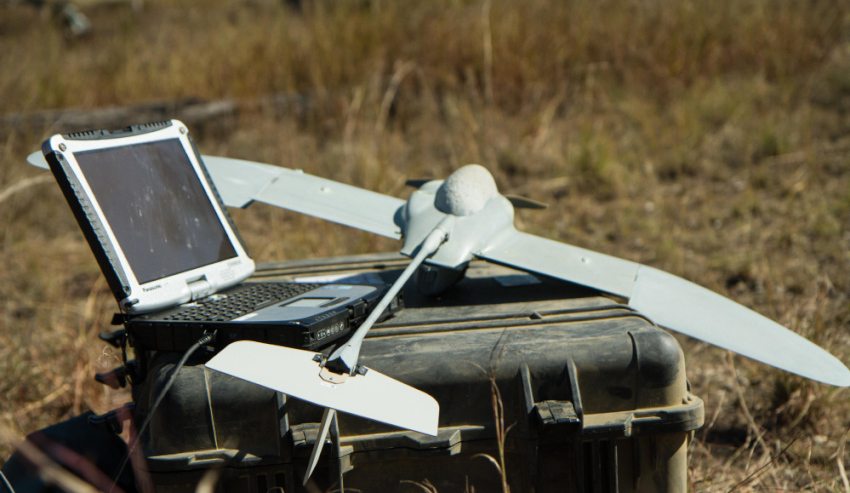Australian small businesses are being invited to put forward innovative proposals for new technologies to protect Australian small, fixed-wing unmanned aerial systems (UAS).
The ideal technology should make the UAS harder to detect.
UAS are used for intelligence gathering, surveillance and reconnaissance, and especially in situations where manned flight is considered too risky. Having the ability to remain undetected conveys significant tactical advantages for such operations.
Minister for Defence Industry Christopher Pyne said this was another opportunity for SMEs to contribute innovative solutions to enhance Defence capability.
"Australian SMEs are great innovators and we want them to put forward innovative concepts to protect our UAS from being readily seen or heard in different environmental conditions," Minister Pyne said.
"Defence is looking for outcomes to reduce both the visual and acoustic detection of UAS from ground-based observation without disrupting the operation of the aircraft."
These proposals are being invited under the Small Business Innovation Research for Defence (SBIRD) initiative of the Next Generation Technologies Fund.
"This program is designed to stimulate innovative research for Defence application by SMEs, with this being the first project under the initiative requiring a novel application of material sciences and advanced sensors," the minister said.
Funded proposals will be eligible for up to $100,000, for completion within nine months.
If successful, SMEs will then be eligible to apply for funding to support further research and concept maturation within 24 months, with maximum funding of $750,000.
"I look forward to a strong response from SMEs and cutting-edge solutions in their proposals," Minister Pyne said.
Further information about the SBIRD program and how to submit proposals for this project is available from the Centre for Defence Industry Capability website.









